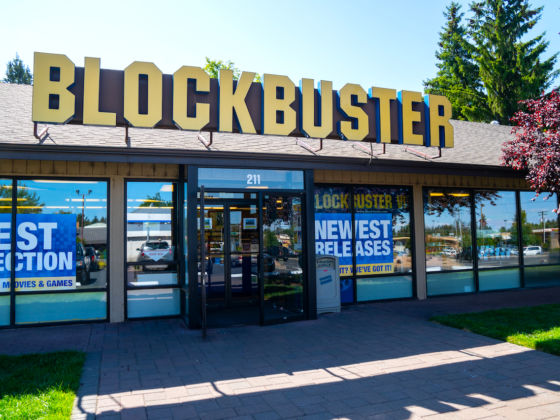11. Photo Developing
With old-fashioned film cameras becoming a rarity, photo developing is a shrinking industry. Most cameras on the market are digital, and new printing technology allows us to print professional-quality photos at home. That is, if we want to. Most photos exist only in soft copy, on sites like Flickr or Photobucket, with individuals printing only the frameworthy snaps.
